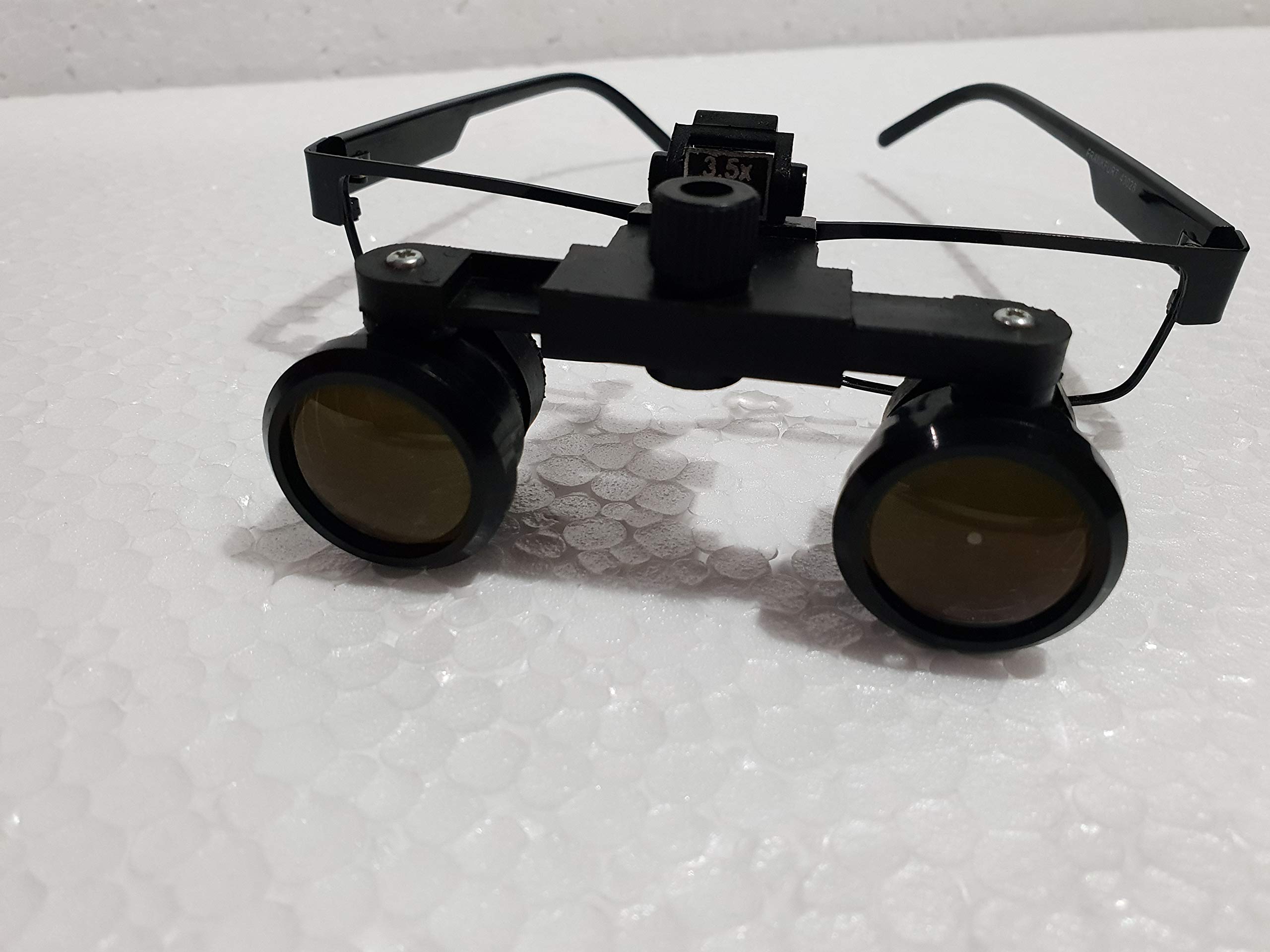Loupes may be used for the inspection of optical elements, e.g. before and after cleaning operations, Specialized loupes, often of binocular type, are used in surgery and dentistry.Loupes are widely used in both surgical and dental procedures to enhance visualization of tissues and to facilitate optimal instrument placement.A loupe is an optical tool used to magnify and view objects more closely and clearly.
Otolaryngologists and plastic, maxillofacial, and ophthalmic surgeons use both loupes and microscopes frequently. Cardiothoracic and pediatric surgeons tend only to utilize loupes, whereas neurosurgeons tend only to use microscopes.
Surgical Loupes are class I medical devices that are used by surgeons and dentists to magnify their field of work. Two of the common types of surgical loupes are flip-up loupes and Through-the-lens (TTL) loupes.
The magnification level of surgical loupes determines the degree of detail visible during procedures. Higher magnification levels, such as 2.5x or 3.5x, offer increased precision but may have a narrower field of view. Consider your specific surgical needs and comfort level when selecting the appropriate magnification.
Surgical Loupes with Glasses come in 2.5x magnification in working distances of 340mm (250-375mm) and 420mm (300-450mm), 4x magnifications in working distances of 340mm (250-375mm), and 5x magnifications in working distances of 420mm (250-375mm) and 420mm (300-450mm).
Surgical eye loupes – the small magnifiers mounted within lenses of glasses – can be a tremendous benefit to your surgical team, particularly during complicated or lengthy procedures that require precise attention to detail.



Reviews
There are no reviews yet.